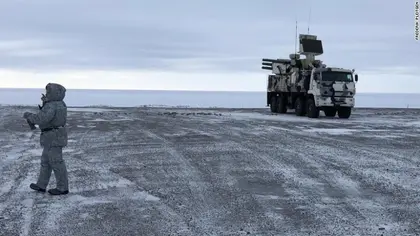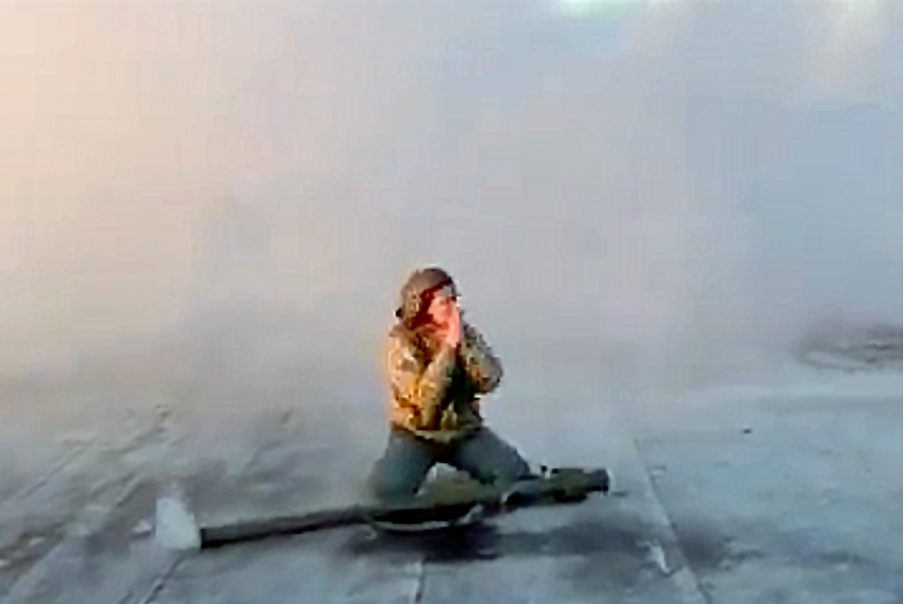Since the beginning of its full-scale invasion of Ukraine, Russia has been removing military units from its bases in the north to fill in the gaps caused by significant casualties inflicted by Ukrainian forces.
According to three senior European defense officials in the area, of the original estimated 30,000 Russian troops that once faced the Baltic states and southern Finland, as many as 80% have been rerouted to Ukraine, leaving Russia with only a skeleton crew in what was once its densest concentration of military force facing NATO territory.
JOIN US ON TELEGRAM
Follow our coverage of the war on the @Kyivpost_official.
A senior defense official from the Nordic countries, who asked to remain anonymous to discuss sensitive military issues said, “The drawdown we’ve seen from this region in the past seven months is very significant,” adding “Russia had this ground force posture facing us for decades, and it is now effectively gone.”
The top military official stressed that Russia’s air power in the area had not changed, and that Russia’s Northern Fleet, which is based in the Kola Peninsula, had remained largely unaffected.
However, along with its troops, Russia is moving other sophisticated military equipment, such as anti-aircraft systems and missiles, out of the area and into Ukraine.
According to satellite imagery acquired by the Finnish media outlet Yle this month, Russia appeared to have removed a portion of its S-300 anti-aircraft systems from a ring of protection around St. Petersburg, one of Russia’s largest cities, close to the Finnish border. The satellite imagery appeared to show a completely deserted missile base in the area, which was manned by the 500th Antiaircraft Missile Regiment of Russia.

US Approves Antipersonnel Mines for Ukraine
According to Arvydas Anusauskas, Lithuanian Defense Minister, who spoke with news reporters, “The reasons are twofold and pretty simple: These forces were used to generate sufficient combat power for the initial invasion in February. As Russian forces were sustaining heavy losses in theater, they had to be replaced [and] restored during the fight.”
The updated assessments on the shifting ground troops give insight on how the invasion of Ukraine and Russia’s significant military operations losses are shifting the military landscape in Europe far beyond the country’s borders.
Defense officials in the Nordic-Baltic region are now wondering how and when Russia could ever reassemble its military forces along NATO’s northeastern flank, especially given that Finland and Sweden are about to formally ratify the alliance.
Tuesday saw Slovakia become the 28th NATO member to ratify Finland and Sweden’s membership, leaving Turkey and Hungary as the only two members of the alliance yet to do so.
You can also highlight the text and press Ctrl + Enter






